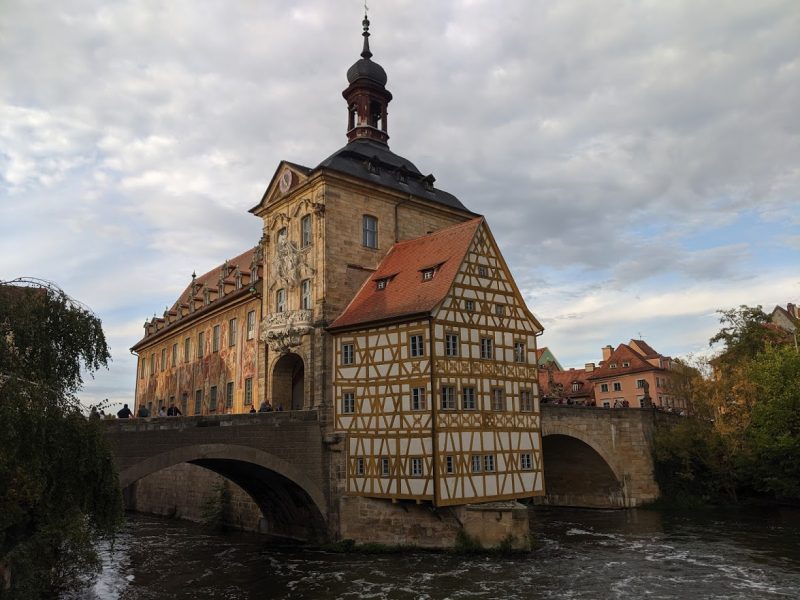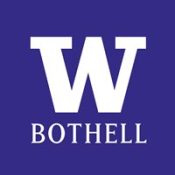Security & Privacy in Smart Cities Research Opportunity in Bamberg, Germany

The University of Bamberg operates a Smart City Living Laboratory throughout the university and the city of Bamberg, Germany that is able to collect information such as noise levels, CO2 levels, and the number of people in a particular area from sensors throughout the city. Smart cities collect information and process it to help decision makers make better decisions with a fuller understanding of the complex interactions of people and services in a city. Some of the information comes from sources that are considered trustworthy such as CCTV cameras deployed by city workers; however, these trustworthy sources are often expensive to set up and maintain. Crowd sourcing the information provides a cheaper and often more efficient way of obtaining information; however, since people can lie or malicious software could lie on their behalf, this information is significantly less trustworthy.
This project will address several scientific challenges in the security and privacy of smart cities. The site at the University of Bamberg was chosen due to the smart city living laboratory that the university operates on both the campus and city. The researchers will address the following three scientific challenges:
- Year 1 – Utilization of data from untrusted sources is critical because many of the data sources in a smart city are the smart phones of users who can intentionally manipulate data or who might have malware on their phone that is strategically manipulating data. Students will build defense mechanisms using a combination of game theory and machine learning.
- Year 2 – Privacy of users is critical to the adoption of crowd sensing for use in a smart city and to prevent the abuse of the system by users and administrators alike. Students will build privacy-enhancing technologies that use realistically generated cover traffic to obfuscate user data and cyber-physical correlation to enable privacy-preserving audits of the data collected by the city.
- Year 3 – Secure incentives help to protect the deployers of tasks from malicious users that are seeking to optimize their gain without contributing to the system. To ensure that malicious users do not exploit the incentive system, students will create spatio-temporal models of context information that detect if a user was actually at the location at the time they reported they were when contributing information.
Student Outcomes
- Greater understanding and experience in mobile development, sensor networks, crowdsensing, security, and privacy.
- Greater awareness of the German language and culture.
- Greater experience of international collaboration.
Student Qualifications
Software development experience. Basic understanding of security and privacy. Basic understanding of crowdsensing. Knowledge of AWARE framework preferred.
Student Responsibilities
- Develop and test software for security and privacy in smart cities.
- Present results.
- Write papers describing system and results.3 years during the summer. Each student is expected to spend at least 10 weeks in Germany.
Resources and additional content
Over the next 3 years, we will recruit 3 different cohorts of 5 students per year for 10 weeks each to conduct research at the University of Bamberg, Germany during Summer 2023-25. Each cohort will consist of a mix of undergraduate and graduate students. We will assemble a diverse cohort of students each year that have the technical skills to contribute to the project and will further their career goals by participating. This project has been delayed due to COVID19 travel restrictions, but we are hopeful to restart it in Summer 2023.
Students who are selected will receive the following:
- $5000 work stipend.
- $1500 housing allowance.
- $1100 flight allowance.
- $800 meals and incidentals allowance.
- $150 health insurance allowance.
- $100 phone service allowance.
Please submit the following material to lagesse@uw.edu with the Subject line “[Application for International Research Experience]” for the Year 1 position. Deadlines for future years will be announced in the autumn before that year. Student selection will occur early enough that all participants will have time to apply for and receive a passport if they do not already have one.
- Resume or CV demonstrating appropriate technical preparation.
- Unofficial Transcript.
- 2 letters of recommendation from university faculty that address your technical preparation and ability to act as a representative for the University of Washington in a foreign country.
- A brief (250 word maximum) description of previous international experiences (personal or academic), if any. Students who have never been abroad are encouraged to apply, so please just state that you have never left the country if this is the case.
- Essay (500 word maximum) describing your interest in this research experience and how it will contribute to career goals.
- Essay (500 word maximum) on your contribution to the cohort in terms of both specific academic and life experiences.
